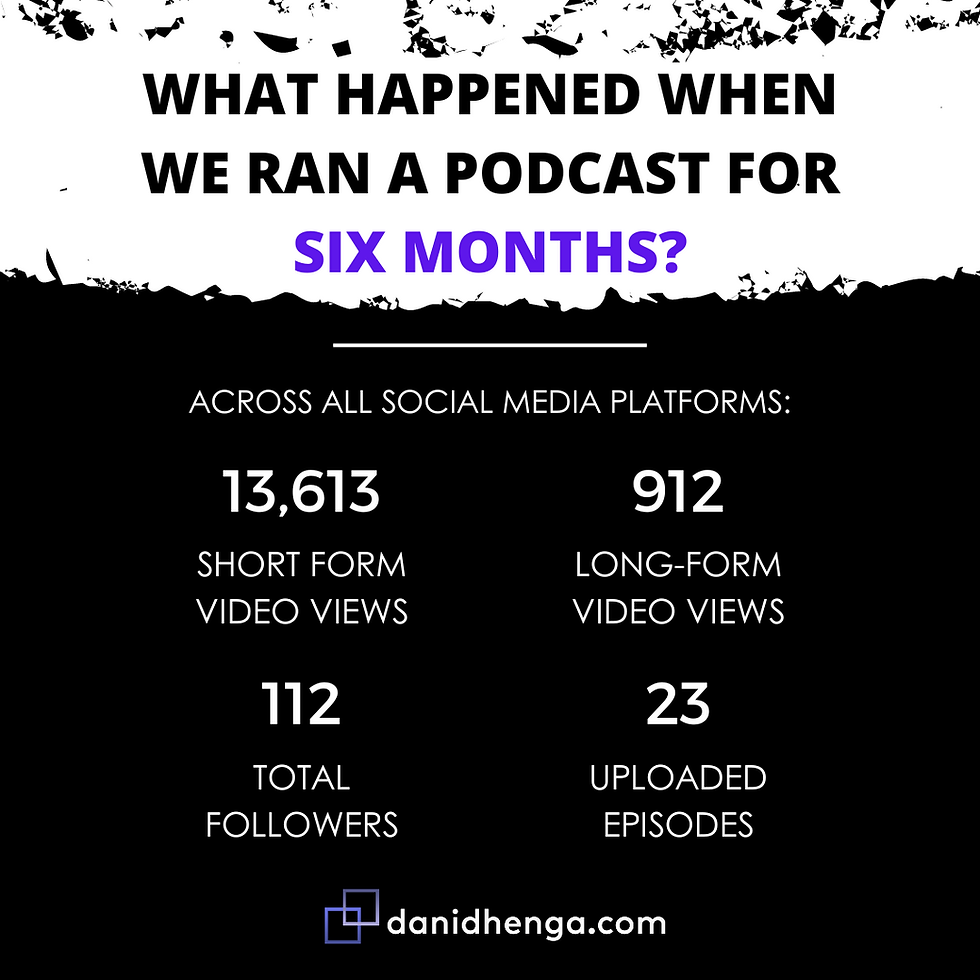Ways Leaders Can Remedy Occupational Burnout | Dan Idhenga
- Dan Pandeni Idhenga
- Apr 15, 2020
- 2 min read
Updated: Jul 22, 2024

What do promising pitchers, opera singers, and business professionals all have in common?
They are all far too susceptible to burning themselves out early, or wrecking their careers later.
Pitchers are throwing harder and faster than ever before, which puts more strain on their bodies, thus leading to more of them tearing ligaments and requiring surgery, losing them significant playing time. Opera singers are cautioned against trying roles which are too far out of their range or otherwise focusing only on roles which are “too heavy” too early. A lot of heavy soprano work early in an opera career can blow out a beautiful voice far too early.
Then there are career professionals, struggling against occupational burnout.
Here are a few strategies to help you deal with burnout.
Honesty Helps
The first step to fixing a problem is admitting there is one in the first place. If you are an employee suffering burnout, try telling your boss. This can be terrifying – what if they tell you to “work harder, or else,” or simply fire you on the spot for “complaining?” The fact is bosses that act this way in response to the occasional polite, mild statement that someone’s being overworked is likely not a boss for whom you want to work.
If you are the boss in this situation, remember – having talented pitchers overthrow can ruin them forever, and overworking talented employees like a slave driver will just lose you employees and respect among those remaining.
Search for the Cause
Instead of being impatient with overworked employees, try and find the source of the problem. Maybe you can shift things around to try and address the root cause and ease the burden on that employee without creating slack for others. Maybe someone else is ready for a promotion or could use a bit more to do, and they could assist this burnt-out employee.
Seek Long-Term Solutions
As a business person, you know the importance of long-term solutions. An employee being burnt out by way too much work week after week won’t be cured by one afternoon out for lunch. Don’t use half-measures. Try and address the problem in a long-term sense.
In so doing, you’ll be doing yourself, your employees, and anyone with whom they work a big favor.




Comments